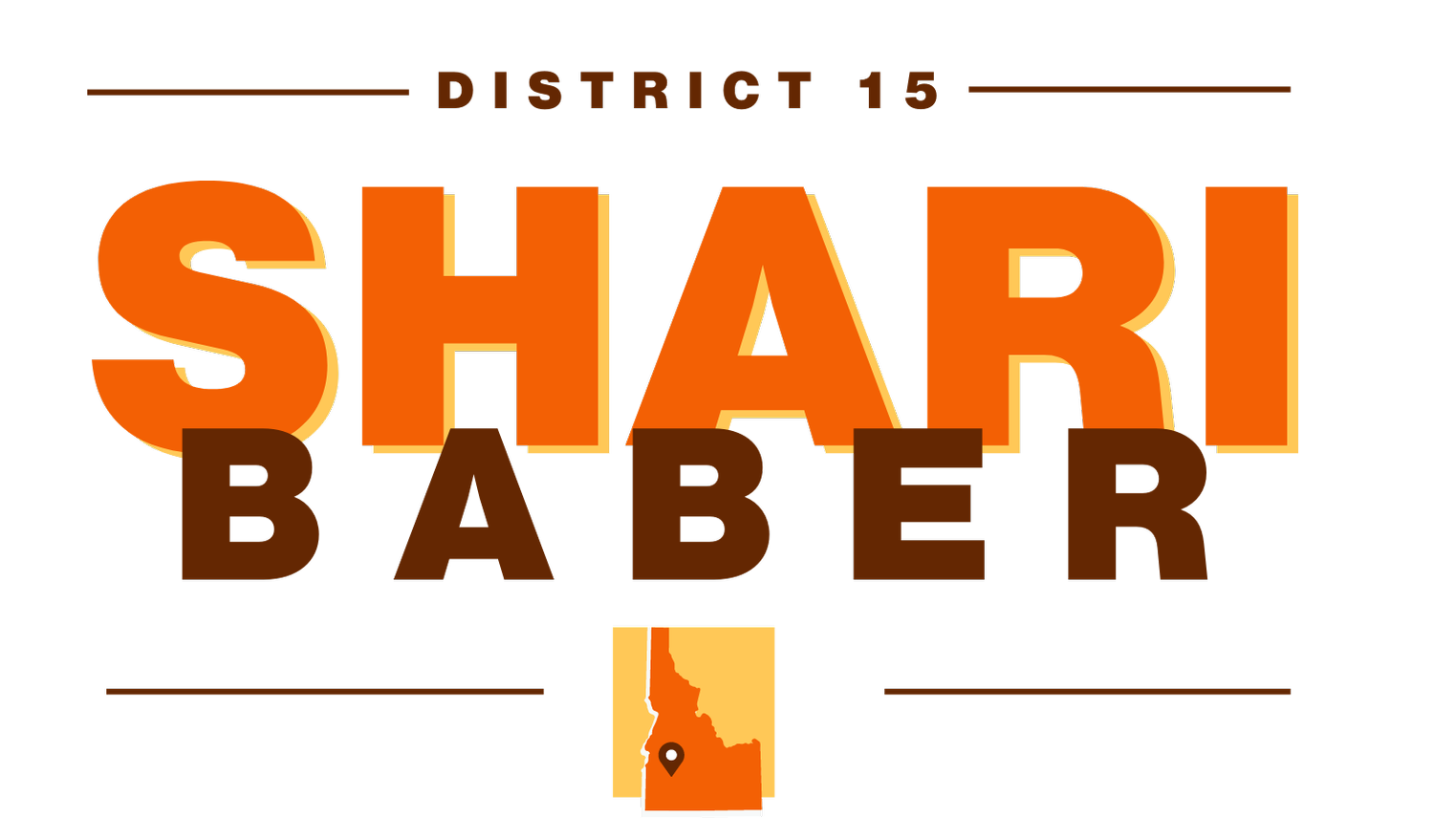HB 710: A Step Back for Libraries and Our Society
The passage of HB 710, often referred to as the Library Bill, represents a troubling trend in our approach to public education and freedom of information. Approved by my opponent, this legislation not only targets our libraries but also undermines the essential role they play in our communities. It is crucial to understand why this bill is not just flawed but poses significant risks to our civil liberties and the foundation of an educated society. I want to be clear: I would never support a bill like this.
Censorship in Disguise
At its core, HB 710 is a form of censorship. By allowing any minor, parent, or legal guardian to sue libraries for materials deemed "harmful to minors," the bill opens the floodgates to subjective interpretations of what constitutes harm. This vague language can lead to an environment where librarians face constant scrutiny and potential litigation for simply doing their jobs—curating diverse collections that represent various viewpoints and experiences.
Imagine a world where a parent can challenge a book simply because it discusses topics they disagree with. Such a scenario not only stifles intellectual freedom but also creates a chilling effect on the ability of librarians to provide access to a rich tapestry of knowledge. Libraries should be safe havens for exploration, not battlegrounds for ideological conflicts.
Financial Burdens on Public Resources
One of the most alarming aspects of HB 710 is its potential to impose significant financial burdens on our public libraries and schools. The bill enables not just individuals, but also county prosecuting attorneys and the attorney general, to pursue injunctive relief against any institution that violates its provisions. This means our public funds could be diverted away from vital services and educational programs to defend against lawsuits and comply with potentially arbitrary standards.
Instead of investing in educational resources, programs, and community outreach, libraries may be forced to allocate their limited budgets to legal fees and compliance costs. This is an irresponsible use of taxpayer dollars and undermines the very purpose of our public institutions.
Deteriorating Civil Society
A well-informed populace is essential for a thriving democracy. By criminalizing librarians for providing access to diverse materials, HB 710 threatens to erode the educational foundation upon which our society stands. This legislation promotes a culture of fear and conformity rather than one of inquiry and critical thinking.
When access to information is restricted, we stifle creativity, limit perspectives, and hinder our ability to engage in meaningful dialogue. Our libraries should empower individuals to explore new ideas and challenge the status quo, not silence voices and impose narrow viewpoints.
Conclusion: A Call to Action
I stand firmly against HB 710 and any legislation that seeks to limit access to information and restrict the role of our libraries. Unlike my opponent, I believe that our libraries must remain sanctuaries of knowledge and diversity. This bill does not just target our librarians; it targets our rights to access information, express ideas, and engage in a vibrant civil and inclusive society.
Let’s work together to ensure our libraries continue to serve as pillars of learning and community, rather than tools of censorship and division. I urge everyone to vote on November 5th with this misguided legislation in mind. Our libraries—and the future of our society—depend on it.
